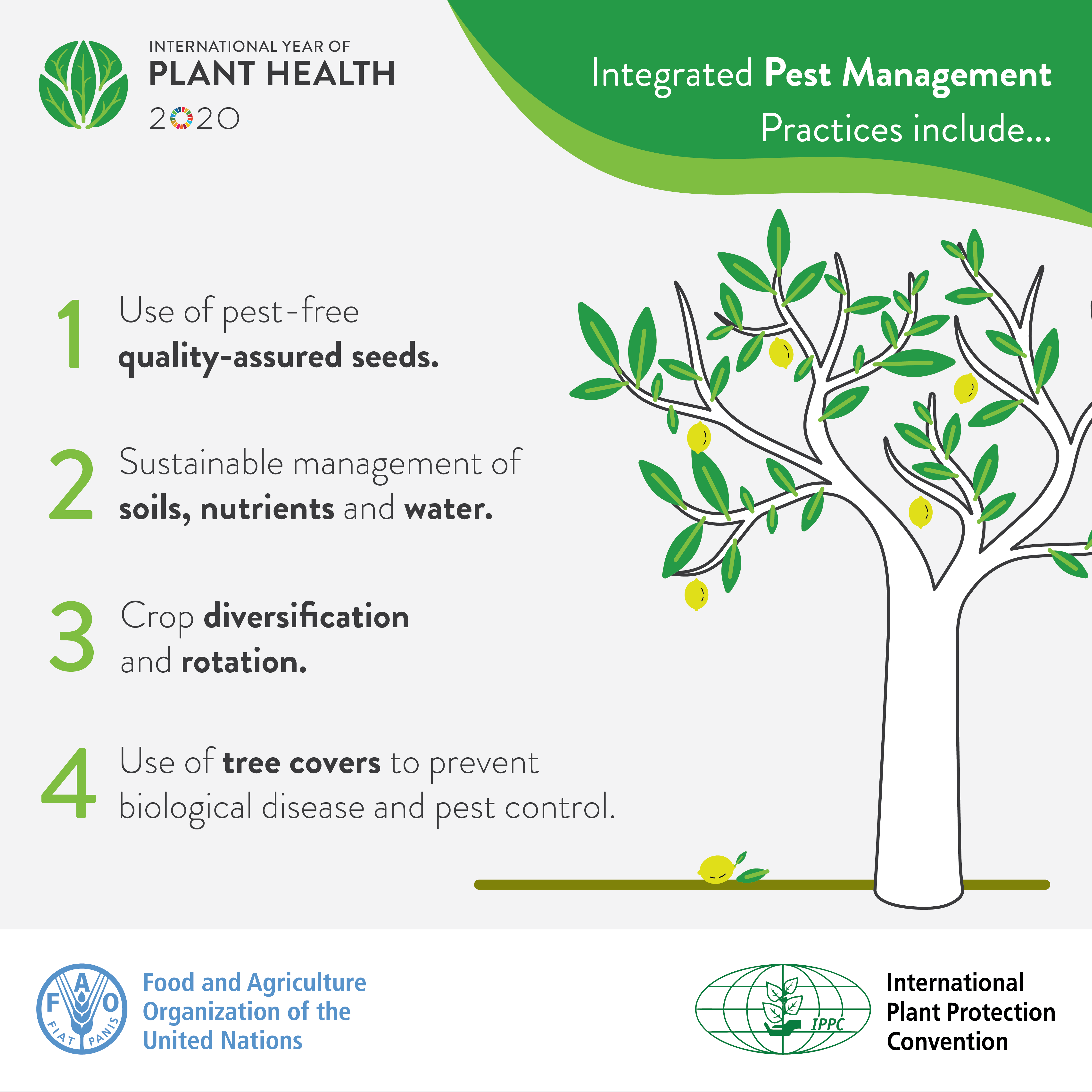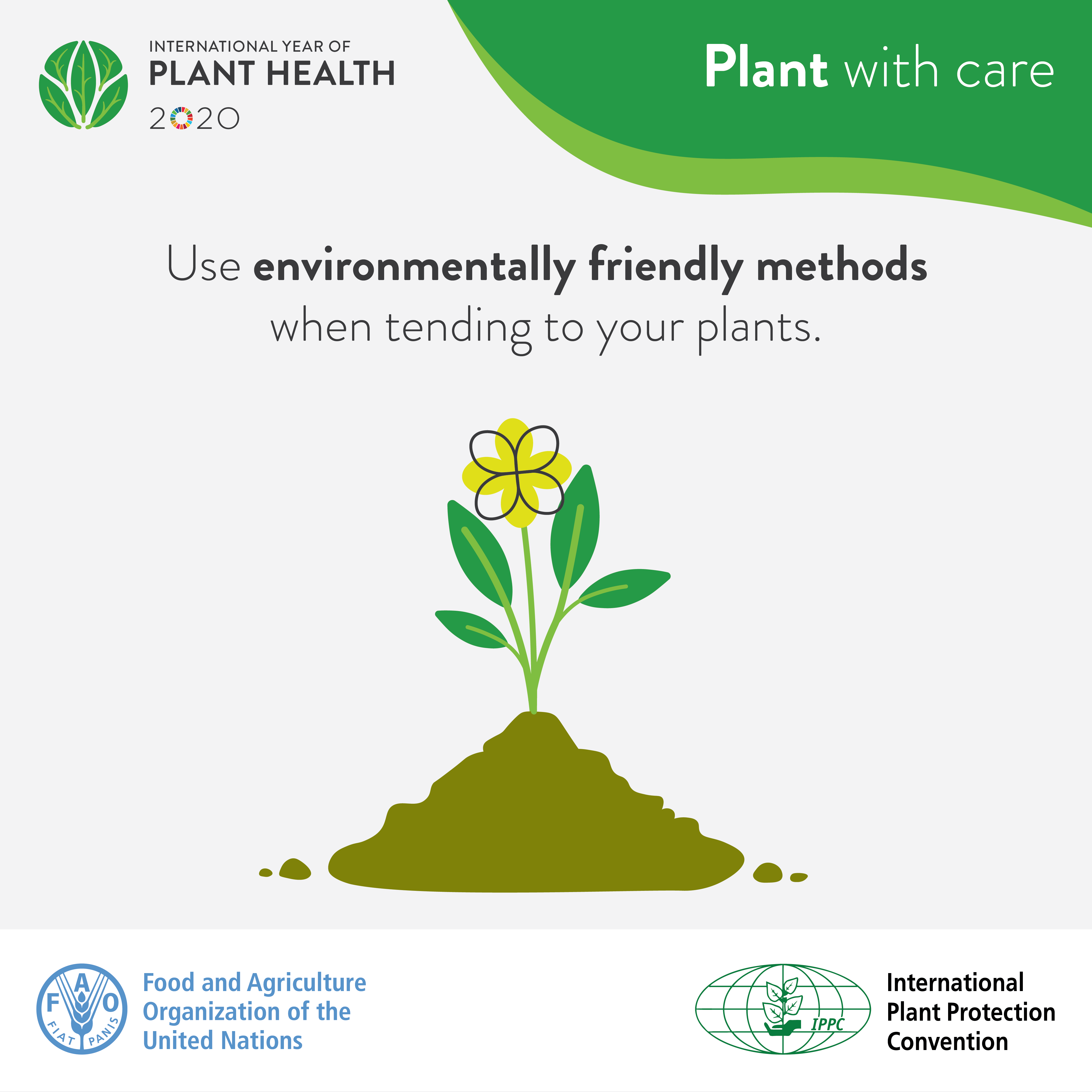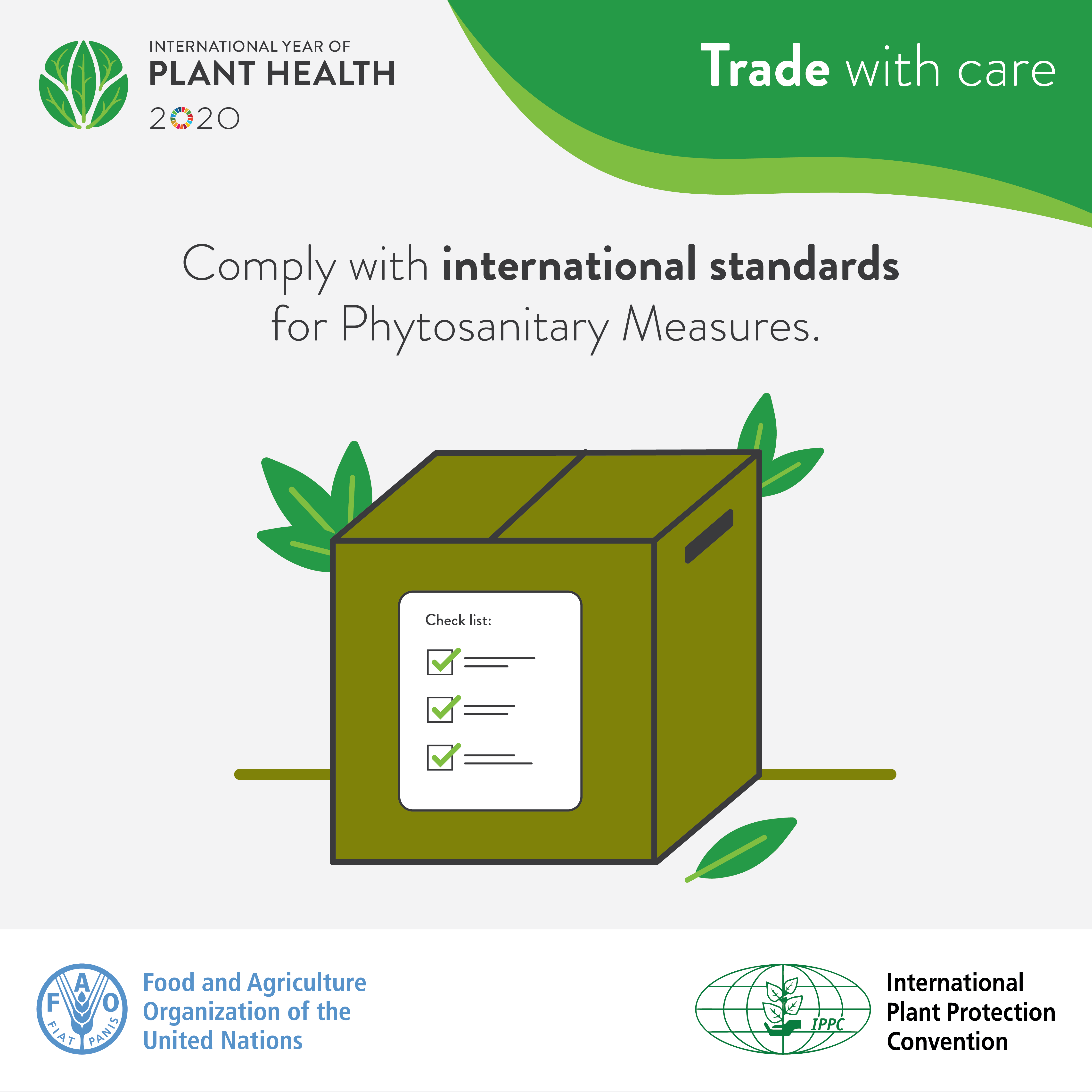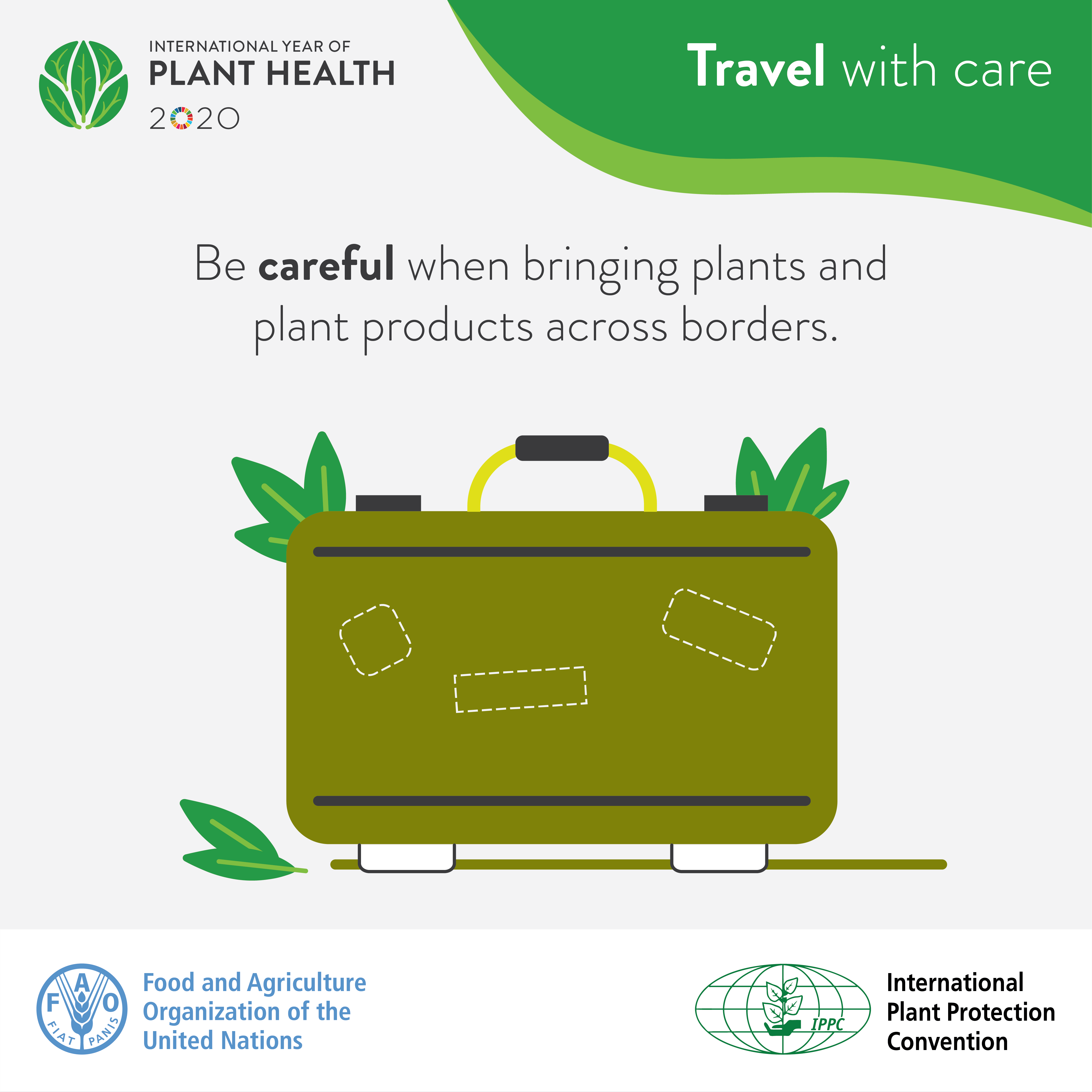Plant Protection Unit - International Year of Plant Health (IYPH)
International Year of Plant Health (IYPH)
The United Nations declared 2020 as the International Year of Plant Health (IYPH). The Year was extended until 1 July 2021 due to the postponement of some key initiatives caused by the COVID-19 pandemic.




Inspection
Plant establishments must be registered with BAHFSA in order to obtain a business license. Part of the registration process is an annual inspection.
Pesticides Control Board
Pesticides are used mostly in agriculture and public health for the control of pests and diseases. A recent assessment of the country's plant health system, has brought to light the indiscriminate use of pesticides. In keeping with FAO's Code of Conduct on Pesticide Management, BAHFSA as a regulatory body recognizes its responsibility for regulating the availability, distribution, management and use of pesticides along with the development and promotion of Integrated Pest Management (IPM). To this end, BAHFSA is in the process of establishing a Pesticides Control Board and developing a National Pesticide Management Policy that will comply with international standards and result in sustainable growth of the agricultural sector.
The Pesticides Control Board will be tasked tasked with responsibility for licensing, registration, training, inspection and enforcement of pesticide activities that will reduce human health and environment risks and ensure food safety in agriculture production. The Food Safety & Quality Lab will also play a vital role in carrying out formulated pesticide and residual analyses to ensure that agricultural produce is safe for human consumption.
View the Guide to Safe Pesticide Use on the Farm.
Phytosanitary Certificate
Phytosanitary certificates cover the import and export of plants and plant products (eg. seeds, fruits, vegetables, fruit, grain, cut flowers, etc.) globally. They are issued by the National Plant Protection Organization (NPPO) of the exporting country to the NPPO of the importing country, to indicate that consignments of plants and plant products meet the specified phytosanitary requirements of the importing country. The IPPC has created a centralized web-based system known as the Generic ePhyto National System (GeNS) to facilitate the creation of electronic phytosanitary certificates and also to send and receive them; as an alternative to exchanging paper certificates. The GeNS will greatly assist in improving the security of official communications between countries and the trade flows, by enhancing border access of plants and plant products.
Before exporting plants and plant based items, you need to apply for an e-phytosanitary certificate through the BAHFSA e-phyto exchange portal https://bs.ephytoexchange.org/.
Visit the IPPC ePhyto Solution - Training Platform.
Pest Risk Analysis
To prevent the entry and spread of pests of plants, it is important to evaluate potential risks and propose technically justified phytosanitary measures to mitigate these risks. In order to formalize this process, the concept of Pest Risk Analysis (PRA) has been developed and used. The aim of PRA is to decide whether pests should be regulated or not as a quarantine pest and propose risk management options.
Pest Risk Analysis: Process of evaluating biological or other scientific and economic evidence to determine whether a pest should be regulated and the strength of any phytosanitary measures to be taken against it (ISPM 5, FAO).
Pest Risk Analyses must be conducted for plant or plant products being requested for importation.
For more information on PRA, please contact the Plant Protection Unit of BAHFSA at (242)604-7004; email: [email protected]; [email protected]
